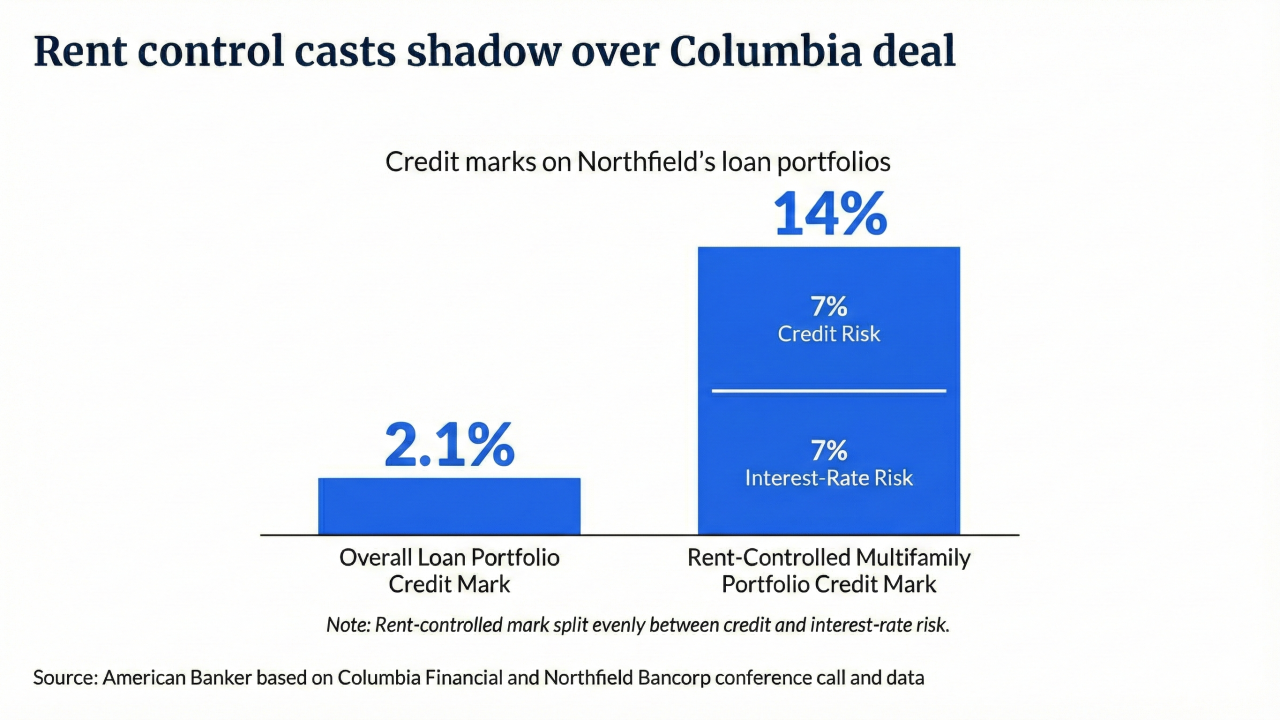-
Citigroup Inc. (C) cut its previously reported 2013 earnings for the fourth quarter and full year by $235 million after finding what it described as fraud by a customer of its Mexico subsidiary.
February 28 -
Citigroup's core banking business showed good signs, including loan growth, but they were overshadowed by the stronger quarterly results of its rivals and questions about expense control.
January 16 -
New CEO Michael Corbat will cut 11,000 jobs, largely in Citi's global consumer banking division. The plan suggests Citi is hedging its strategy of being an omnipresent, upper-tier player in emerging markets.
December 5 -
Vikram Pandit may have saved Citigroup, but he was never a natural fit as its long-term leader. Now the board is betting Michael Corbat, a company lifer, has the chops.
October 16
Five years after Citigroup became a symbol of all that was wrong with big banks, the country's third-largest bank appears to be bracing for a new round of scrutiny into its ethics.
Citigroup said Friday it had found
Bank employees who fail to meet the highest ethical standards "jeopardize everything we work for. We now have a galling example of what happens when people fail this basic requirement," Corbat wrote in a memo to employees on Friday.
He cited the hit to Citigroup's profit and added, "The impact to our credibility is harder to calculate."
Earlier in February, Corbat said Citigroup had found evidence that some employees were violating the bank's ethical standards, and demanded that they report any breaches of Citigroup's internal rules or code of conduct.
"As much as I hate to say it, it appears that even now five years after a crisis in which the financial services industry shouldered its fair share of blame there are some people who still don't get it," Corbat wrote to employees earlier this month.
"In the sixteen months I've been CEO, there have been instances in which people have violated our code of conduct and disrespected our values. It should go without saying that even one is too many," he added, warning that in certain cases, the bank would report violations "to the appropriate authorities."
Corbat sent that earlier memo on Feb. 12 a day after the bank
The company, Oceanografia S.A. de C.V., had been a supplier to the government-owned oil company Petr-leos Mexicanos, or Pemex, and had used Citigroup loans to finance accounts receivable. But on Feb. 11, Citigroup became aware that Pemex had suspended Oceanografia from receiving any more government contracts, the bank said on Friday. After reviews, Citigroup says it can validate only about $185 million of the $585 million in credit it has extended to Oceanografia.
The fraud is a particularly unwelcome development at Citigroup, which has spent the past five years trying to live down its recent legacy as the almost-failed, thrice-bailed-out colossus of the financial crisis. The bank's unwieldy size, risky pre-crisis mortgage lending and securitization activities and eventual near-collapse made it a particularly
Corbat and his predecessor, Vikram Pandit, have worked hard to change Citigroup's image since then. In the past five years, Citigroup has overhauled its board to improve risk management; abandoned operations in some countries and businesses it no longer considers part of its "core" banking operations; and shrunk itself even more by selling off others.
The bank's recovery has had hiccups, most notably when Pandit was abruptly and dramatically
It's a language that Corbat, a longtime Citi executive and also a low-key public figure, has adopted during his stint as CEO. His Feb. 12 memo repeatedly mentions "responsible finance" and the impact of any failures on the company's reputation: "Ethics is an area where we must have zero tolerance for breaches.... They undermine credibility with our clients, regulators, investors and the public not to mention the enormous financial costs that can result."
In his Friday memo, Corbat also said that Citigroup has been continuing its inquiry into the fraud, coordinating its response with law enforcement authorities in Mexico, "pursuing recovery of the misappropriated funds, and seeking accountability for anyone involved."
Citigroup has received grand jury subpoenas from the Federal Deposit Insurance Corp. and the U.S. attorney's office for Massachusetts, the bank disclosed in a





